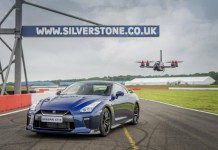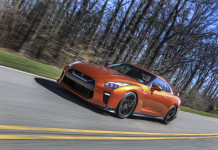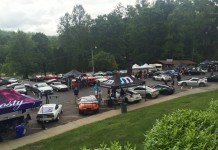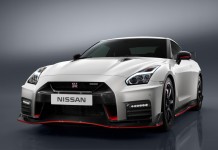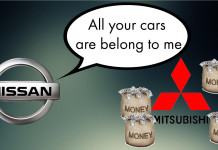The first year of production of Nissan’s new electric car Leaf has been sold out, the head of the Japanese automaker, Carlos Ghosn, said last week.
“We have 13,000 orders in the US and 6,000 orders in Japan,” Ghosn said at a news conference in Detroit, the US auto industry capital.
Ghosn said that all of the US orders had come from individuals and not from government entities, whereas some orders in Japan were for municipal fleets.
“I don’t think we’re going to have a problem marketing and selling these cars for the first two or three years,” the Nissan president and chief executive said, adding that tax incentives had made the car very popular in California.
The Leaf — an acronym for Leading, Environmentally Friendly, Affordable, Family — is billed by Nissan as the world’s first mass-produced electric vehicle with zero emissions.
The first deliveries are set in December in the United States and Japan.
The car, which has a top speed of more than 90 miles (140 kilometers) per hour and is powered by a lithium battery, will go on sale in Portugal and the Netherlands in December, and in Britain and Ireland in February 2011.
Nissan will assemble the Leaf in the United States, in a factory that is scheduled to open soon in Tennessee, as well at its Japanese site in Yokosuka, near Tokyo.
Ghosn, in an earlier speech at the Detroit Economic Club, said that Nissan’s French partner Renault has no immediate intention of returning to the US market.
Entering the world’s largest economy when the market is down is a very difficult proposition, he said. Instead, Renault will focus on “cultivating” markets in Russia, he added.
Nissan, which is 43.4 percent owned by Renault, predicts that electric cars will account for 10 percent of world car sales by 2020.
The two automakers already have invested four billion euros (five billion dollars) in betting on future demand for electric cars.
Ghosn also predicted the auto industry would continue to consolidate, but with a bias in favor of alliances and joint ventures rather than acquisitions.
“Every car manufacturer has to develop very different technologies” for electric, hybrid, gasoline and diesel cars.
“These technologies are so expensive no manufacturer can afford to develop each of these technologies,” he said.
Carmakers must address multiple market segments to succeed in the current market conditions, he said.
“You can?t be a niche brand. You have to be present in the upper segment and the lower segment, and the crossover segment and the four-by-four segment,” he said.
Ghosn noted that Renault and Daimler had become partners because the German automaker needed help in boosting its smart — a tiny fuel-efficient car — and because “they wanted to make a small car affordable.”
As for the 1999 Nissan-Renault tie-up, the alliance has succeeded “because it was not a merger,” he said.
“We never make a decision in Paris on Nissan and we never made a decision in Tokyo on Renault.”



